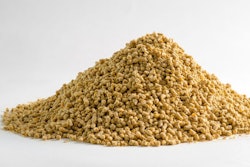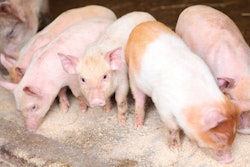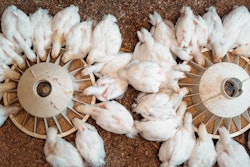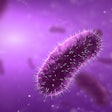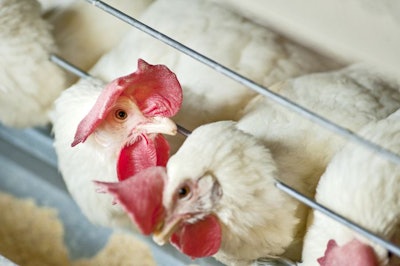
Coccidiosis and necrotic enteritis remain 2 of the most important poultry diseases in the US
It is estimated that about US$10 billion are lost each year in the United States due to coccidiosis and necrotic enteritis. If we consider that coccidiosis is one of the predisposing factors to necrotic enteritis, then we can appreciate the extent of damage caused by coccidia alone.
Unfortunately, anti-coccidial drugs are being frowned upon in the U.S., in rearing schemes based upon the marketing approaches of “no antibiotics ever” or “reduced antibiotic use.” Clearly, such approach does not help diminish the impact of coccidiosis. In the U.S., unlike the EU, anti-coccidial drugs are considered antibiotics and there is an increasing tendency to remove all such antibiotics from animal feeds.
In addition to alternative veterinary interventions (vaccinations) and altered management schemes, nutrition is the third route through which coccidiosis is addressed today. To this end, several nutritional supplements – additives – are being tested. These are mostly additives that have been tested, with more or less success, against bacterial pathogens. The following list is but the beginning of these efforts as more products enter the testing phase.
Functional lipids
It has been suggested that lipids found in castor oil and cashew nut shells can act aggressively against gram-positive bacteria. The same was tested in two studies against coccidia. It was found that these two lipids increased bird livability and decreased lesions caused by coccidiosis. In essence, these lipids acted in a role similar to monensin, conferring similar beneficial results in birds challenged with coccidia.
Tannins
This is a large group of chemical compounds found in plants. As such, they could be grouped under the more generic term “phytogenics,” but they are being marketed as a distinct product. At the moment, they appear to be the most promising agent against coccidia, although not all tannins are the same. Thus, their efficacy is bound to be product specific. Their efficacy has been demonstrated in poultry, rabbits and piglets. In particular, use of tannin-based products has been shown to decrease the damage caused by necrotic enteritis. Finally, tannins have been shown to increase microbiota diversity in monogastric species.
Phytogenics
As mentioned, phytogenics include a wide variety of plant-based compounds, either natural or synthetic. They are being marketed as blends of various active substances in various forms, most often protected to safeguard against their volatile nature. As it is to be expected, their efficacy is widely variable. Given the large number of commercial products, research abounds and is the main focus on finding nutritional agents against coccidia.
Organic acids
Organic acids are largely effective against bacteria. They are a major component of any antibiotic-free nutrition program in poultry. As it is to be expected, organic acids have been also tested against coccidia. The products used so far have largely failed to elicit any meaningful response. Perhaps they can be somewhat active against Clostridium perfringens, the causative factor behind necrotic enteritis, but they do not show much promise against Eimeria species – the protozoa that cause coccidiosis.
Probiotics and prebiotics
No probiotic strain of bacteria has been shown to act directly against Eimeria species. It is possible, through genetic modification – where allowed, to see probiotics that are specifically designed for such purpose. So far, their action is indirect by enhancing the overall gut health as they promote a healthier microbiota. The same can be said for prebiotics that benefit natural host microbiota. The use of current pro- and prebiotics should be considered as an auxiliary one in a broader scheme against all microorganisms that negatively affect gut health.
Algae
Recent evidence suggests that some algae-based products may modulate host immunity enough to offer a substantial relief against a coccidiosis challenge. Preliminary results point to a more robust gut epithelial architecture that can better withstand the aggressive action of damaging coccidia. The effects of different additives on host immunity is being investigated vigorously as this appears to be a viable route against coccidiosis.
Despite promising results from many unique additives, the bulk of available nutritional anti-microbial agents is largely ineffective against coccidia. At best, improved gut health helps the animal to fend off coccidia on its own.

